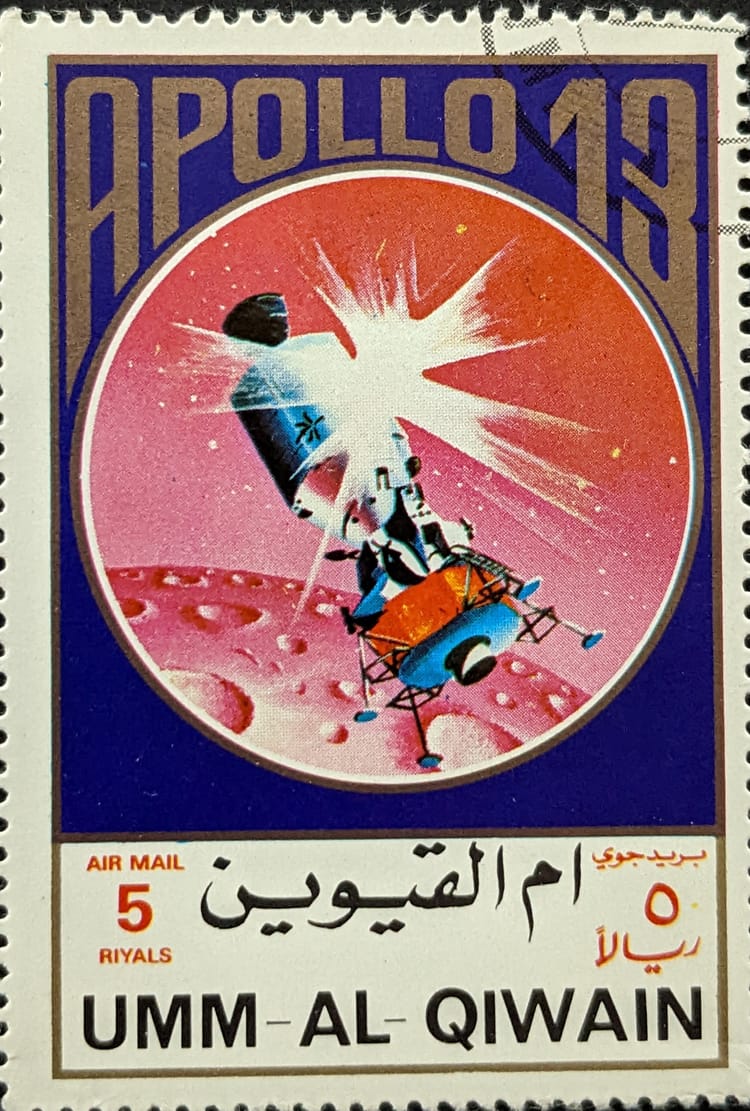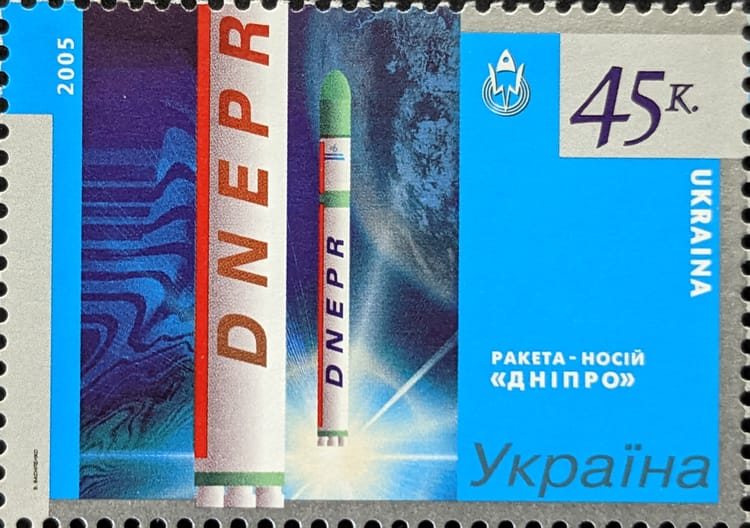Welcome to Ill-Defined Space
Imagine watching a rocket launch from a hillside (as I tended to do at Vandenberg). You see flame and smoke as the rocket initially appears not to be doing what it’s supposed to be doing--heading up. You notice it slowly starts to move up at about the same time the shockwave hits your body. It keeps moving, gaining speed and altitude, appearing to stand on streams of fire. It rolls (as intended), resulting in those fiery plumes pointing towards you, appearing to you as a pulsating blob of light. The blob quickly gets smaller, eventually fading from sight.
This imagined event is important.
It’s easy to get caught up in the pure power of a launch, no matter the rocket’s size. Launches are a “rapture of the nerds” type of event. However, the spectacular power displayed during launches draws out regular folks, too.
But there’s more to a launch than engineered power. The launch encompasses many different activities, its success meaning the completion of a few of them while signaling the beginning for others. The rocket itself is important, if only because of how much it costs to manufacture and launch. Its possibility of failing could be considered single-point, depending on the customer and the customer’s payload (which it’s carrying and deploying). But it didn’t fail--not during the imaginary launch.
There are many stakeholders and activities leading up to that event.
There’s the company that required the satellite to collect information necessary for its future business and hired the launch company to deploy it. There’s the satellite manufacturer, building the satellite for that company. There are the customers the company is attempting to serve with the data from its satellite. And these are just a few of the stakeholders directly involved in the activities leading up to the event. There are many others, with different reasons and justifications for their inclusion. Even the terms used in the space sector can encompass multiple ideas, obscuring the meaning of a mission, activity, technology, etc.
All of the above requires context--which in turn may provide definition or at least less obfuscation of the space sector, its activities, and its stakeholders. It’s a reason why I decided to start Ill-Defined Space: I’d like to clarify it for myself. Writing helps with clarification and identify other questions to ask. For example, are the current/planned businesses in the space sector creating products/services of value to the Earth’s inhabitants? Can history provide a useful lens in understanding what’s happening in the space sector today?
Those, and other, questions will be useful for exploring alternative possible space sector topics as well, including international activities. It’s my hope this exploration and analysis will provide more thoughtful context for conversations about the global space sector.




Comments ()